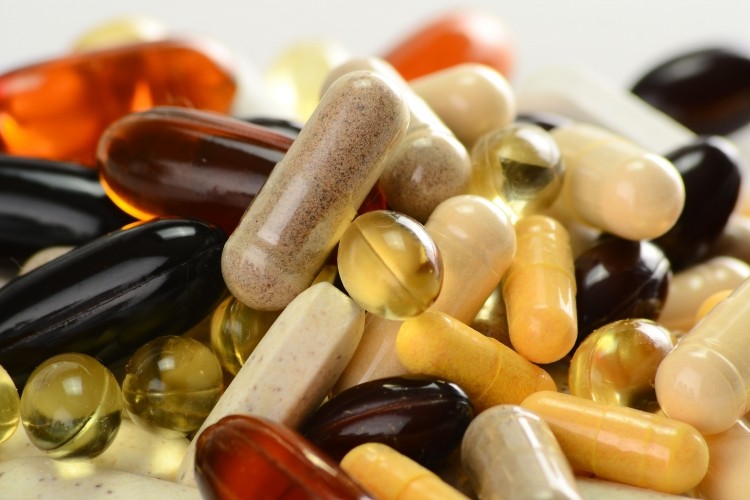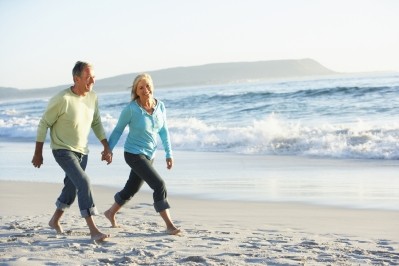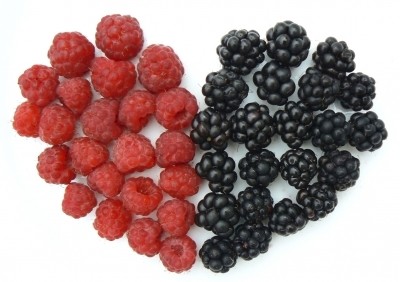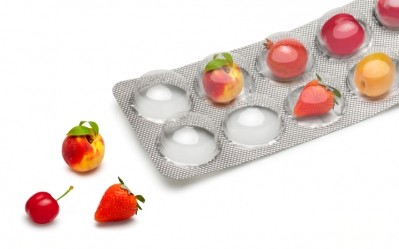High dose vitamin supplements may reduce lifespan by up to a quarter: Animal data

The findings, published in Biology Letters, investigated the effects of high-dose vitamin supplementation in voles after previous work in mice suggested that a high intake of vitamin C and vitamin E slowed the process of cellular aging and increased life expectancy.
However, the new findings in voles suggest that high-dose supplementation may actually reduce lifespan.
“When we began our research, we expected that voles’ lifespans would be boosted by the vitamin supplements in a similar way to the mice we had tested previously, so we were surprised to see that was not the case," said Professor Colin Selman from the University of Glasgow- who led the research.
"Our findings suggest that major differences exist in the effects of high doses of antioxidants on oxidative damage and lifespan across species.”
Study details
Speakman and his team fed field voles a diet supplemented with high levels of vitamin E or vitamin C from the age of two months in either warm or cold conditions and compared their longevity to groups of voles fed a regular diet.
The team found that voles in both cold and warm conditions that were fed supplements of vitamin E or vitamin C lived much shorter on average than those fed a regular diet.
Compared to animals on a regular diet, lifespan was reduced by 11% and 26% for vitamin E and C voles in the cold and by 17% and 18% for vitamin E and C voles in the warm, the team said.
Animal caution
Commenting on the research, Graham Keen, executive director of the Health Food Manufacturers' Association (HFMA) said it is important to note it is 'impossible' to extrapolate the results from this small amount of data on voles and mice to humans, adding that the vitamin and mineral supplements industry has 'an exceptional record' of both safety and efficacy, in the UK and worldwide.
“Figures published by the Food Standards Agency showed that there were only 11 reported reactions to food supplements over an 11 year period, the majority of them in the lowest category of harm," said Keen. "Compared to other foods or medicines, food supplements have an enviable record.”
Chris Whitehouse of The Whitehouse Consultancy, also commented that the findings cannot be extrapolated to human, adding that “The Vole Rights Society should be furious at this pointless and cruel use of animals in scientific experiments."
Professor John Speakman from the University of Aberdeen, senior author of the study, said randomised controlled trials examining the effects of antioxidant supplementation on human lifespan are 'unlikely' to be possible, "so we are dependent on the results of animal studies."
"It’s impossible at this stage to extrapolate the results from this small amount of data we have on voles and mice but it does suggest that caution is warranted in the use of high doses of antioxidant vitamins," said Speakman.
Pro-oxidant doses?
Adding to the debate, Dr Robert Verkerk, executive and scientific director at the Alliance for Natural Health (ANH) International, commented that researchers are 'going around in circles' trying to better understand the oxidative damage theory of ageing - adding that the new study is a case in point.
"The scientists appear to be obsessed with using isolated vitamin E and vitamin C forms as their antioxidants," said Verkerk. "This is odd given the good body of evidence now showing that these vitamins can act as pro-oxidants at high doses."
He added that the dose of vitamin E used in the study equates to around 10 grams of alpha-tocopherol for an adult human "which is, in anyone's book, a 'horse dose'."
"It's no surprise it caused a shortening of lifespan as it almost certainly would have acted as a pro-oxidant, this having been widely demonstrated in other species. While the dose of vitamin C was lower, equating to around 4 grams for an adult human, humans are among relatively few mammals that have lost the ability to synthesise our own vitamin C. So once again, the dose offered in the diet, along with the vole's self-produced vitamin C, may have behaved as a pro-oxidant."
Verkerk commented that it would have been useful for the researchers to test a range or doses and different forms in addition to testing antioxidant status.
Speakman and his team noted that their findings "do indicate is that significant variation exists in the effects of antioxidants on oxidative damage and lifespan across species."
"We suggest that there is a need for further comparative studies in this area, and that caution should be used when advocating that antioxidants might protect against oxidative damage and ageing in humans, based on studies of limited numbers of species."

















